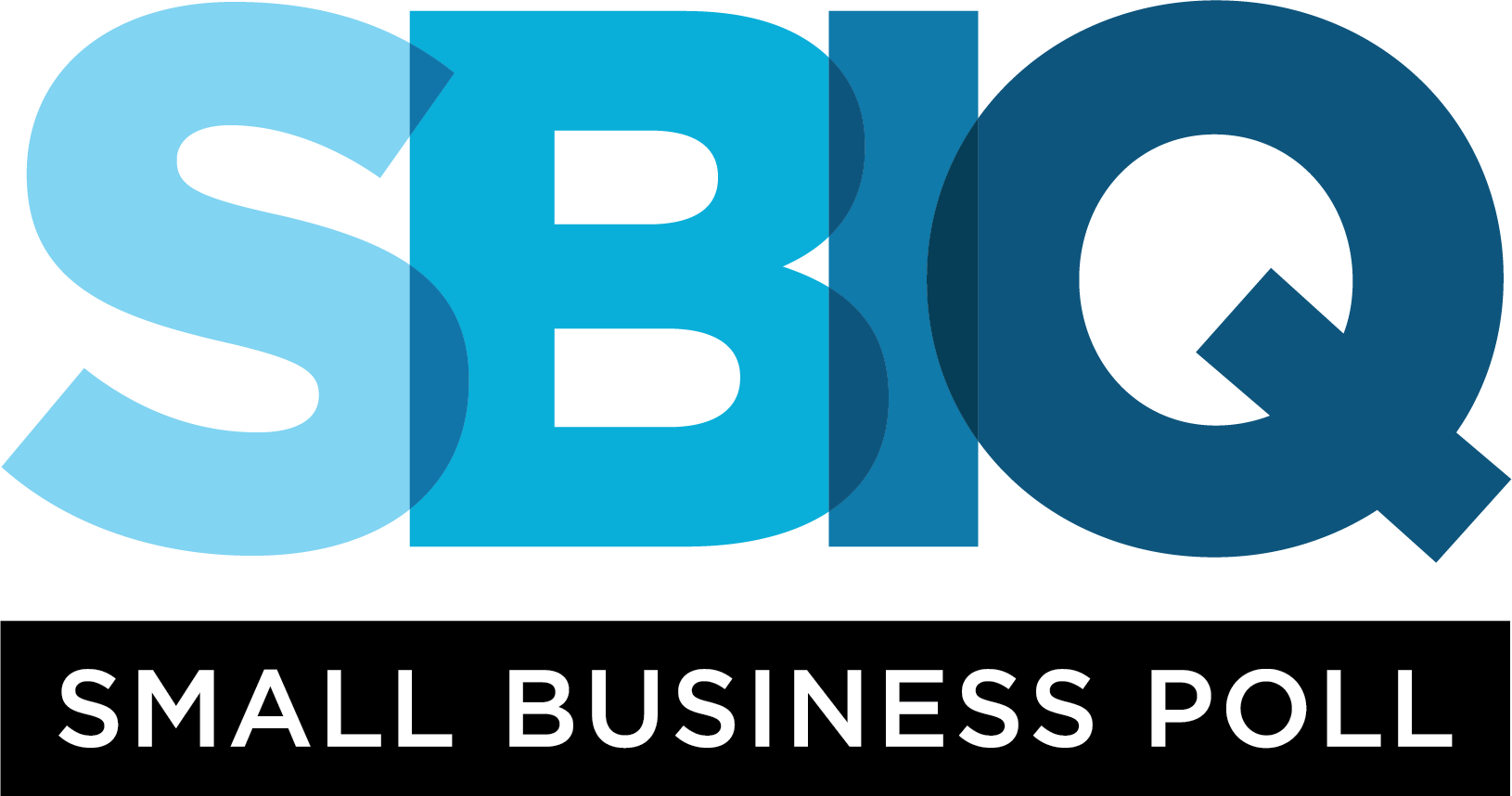- DailyMail.com exclusively obtained a new survey of small businesses taken by the Job Creator’s Network Foundation over the month of July
- It found that most small businesses are worried they’ll have to close their doors, citing the current economic conditions they are under
- The figure rises by double-digits for minority- and women-owned businesses
- JCNF President Elaine Parker said Democrats’ Inflation Reduction Act would be ‘a sucker punch to the small business community’
- A majority of the businesses surveyed have less than 10 employees on staff
A majority of small business owners believe the Biden administration is still not doing enough to fix the supply chain crisis and sky-high inflation rates, a new poll obtained exclusively by DailyMail.com suggests.
The latest monthly Job Creators Network Foundation (JCNF) survey looked at how 500 small businesses fared in July – at which time the average cost of consumer goods rose 8.5 percent, the Labor Department revealed this week.
Eight out of 10 respondents said they do not believe President Joe Biden is doing enough to combat inflation, while just 7 percent indicated the opposite.
More than three quarters also do not think the White House is doing enough to negate the ongoing supply chain crisis, which has led to shipping delays and bare shelves across the country for parts of this year.
Just 26 percent of respondents said the US economy was ‘good’ or ‘excellent,’ while 74 percent said it was ‘fair’ and even ‘poor.’
It’s the latest in a litany of polls suggesting the American public is struggling under current economic conditions, even as the White House takes a victory lap over a slightly lower surge in consumer costs and steadily-decreasing prices at the pump.
July’s 8.5 percent inflation report comes after June’s figure came in at a 40-year high of 9.1 percent.
But at the White House on Wednesday, Biden made no mention of the spike – instead celebrating the zero percent rise in ‘core inflation,’ which factors out the volatile cost of food and energy.
‘Today we received news that our economy had zero percent inflation in the month of July. Zero percent. Here’s what that means -while the price of some things go up, went up last month, the price of other things went down by the same amount,’ the president said ahead of a bill signing event for the PACT Act.
He conceded however that ‘people are still hurting’ and warned ‘we could face additional headwinds in the months of head’ in the COVID-19 pandemic’s lingering effects on the global supply chain as well as Russia’s war in Ukraine.
But the new survey suggests small business owners feel there is little to celebrate.
Nearly half – 49 percent – said they were forced to raise prices to keep pace with their own rising costs.
JCNF’s poll also suggests it’s female and minority-owned businesses that are hit the hardest by the administration’s handling of the economy.
Fifty six percent of overall respondents are worried they’ll have to close their doors because of the current economic conditions.
The figure rises sharply to 73 percent when it comes to businesses owned by people of color.
Among women-run businesses, the fear is even more common – 76 percent believe they may have to close this year.
And the number of entrepreneurs who believe the US is currently in a bad climate for small businesses more than doubled from last year.
Just 21 percent said as much in July 2021. The figure jumped to 50 percent this year.
JCFN President Elaine Parker told DailyMail.com that the Biden-backed Inflation Reduction Act – a $740 billion climate, tax and healthcare package which passed the Senate along party lines on Sunday – will worsen the environment for small businesses.
‘The package will sucker punch the small business community with what is effectively a tax hike and place a bullseye on the backs of entrepreneurs as a target for the supersized IRS,’ Parker said.
‘It couldn’t come at a worse time; rising prices are already squeezing Mainstreet and small business sentiment remains near an index record low.’
She urged the House of Representatives to pause before approving the bill in their planned vote this week.
‘House members should consider this small business perspective before rubber stamping the tax and spend package,’ Parker said.
A majority of the businesses polled have two to nine employees. Eighteen percent are minority-owned and 20 percent are owned by women.
The largest share, 20 percent, are in the construction industry.
Others include retail businesses, professional/technical sectors, and accommodations and food.



